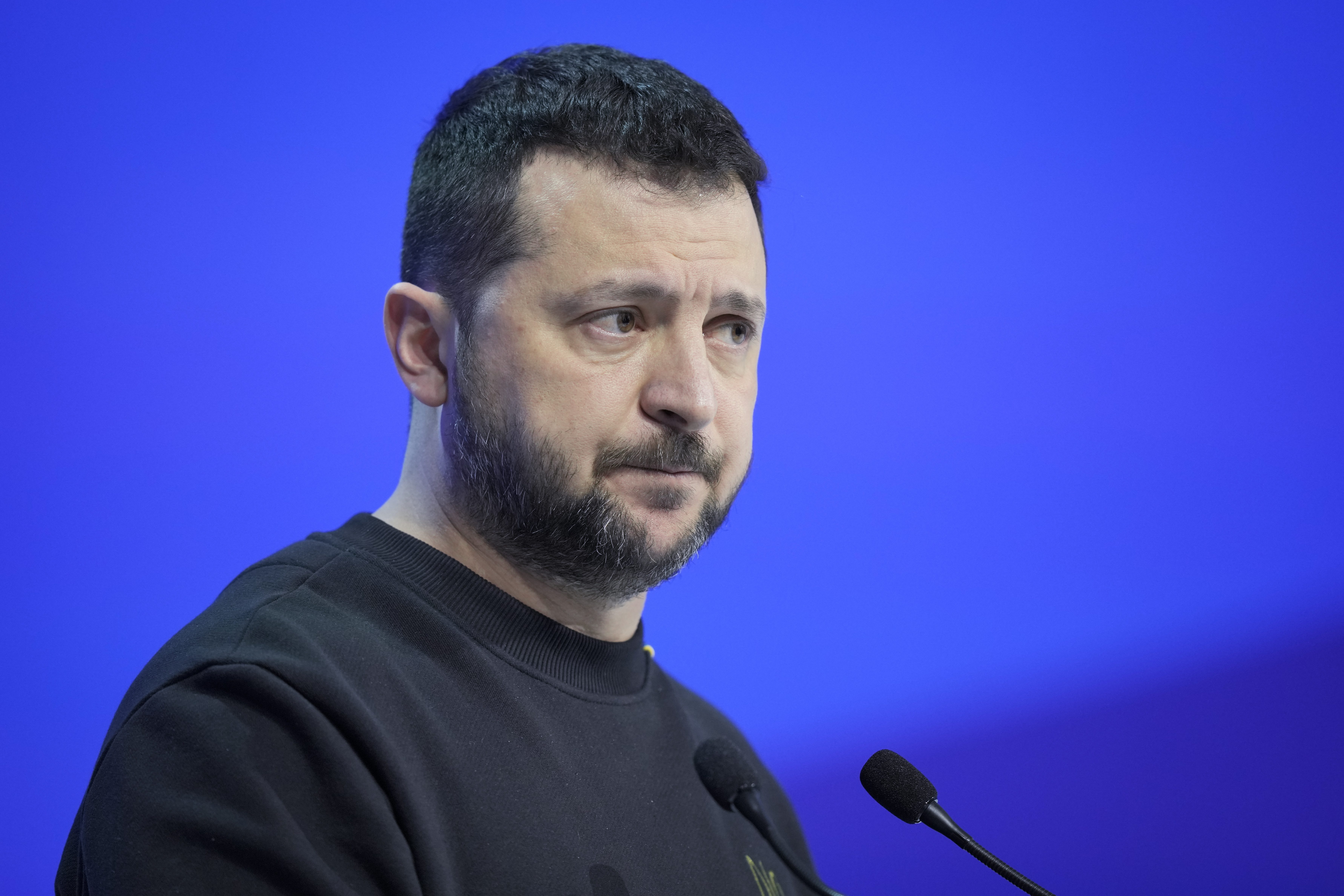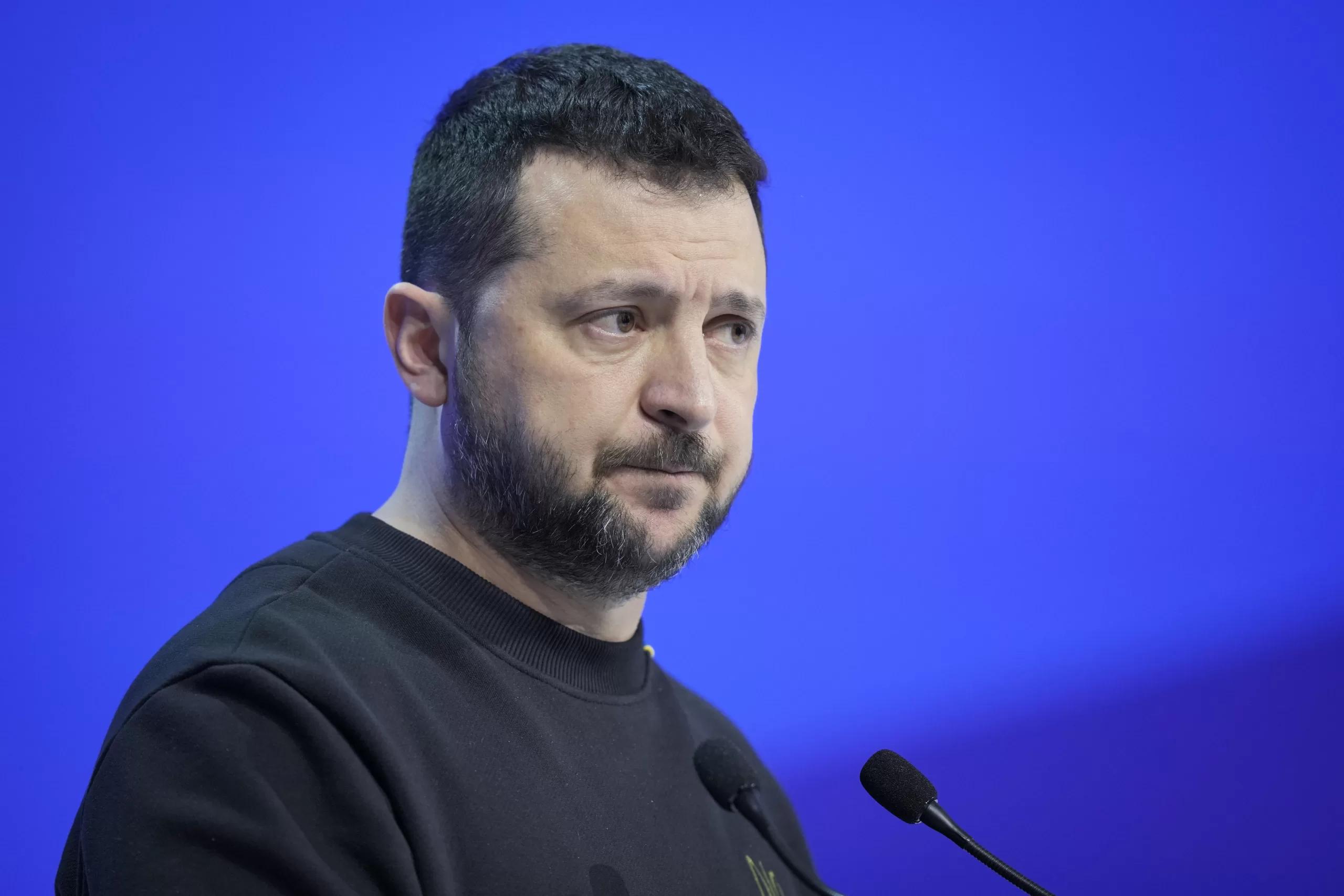
On Ukraine, the Euroskeptic and pro-Russian Orbán said from the start of the war that Kyiv and Moscow should work on a mediated solution. With Ukraine’s failed counteroffensive and no sign of a clear Ukrainian victory nearly two years in, there’s a growing sense of Ukraine fatigue within the bloc.
When he won a fourth term as prime minister in 2022, Orban noted Hungary was “our common European future.”
“Orbán is working on an internal revolution,” said another EU official. One of the EU officials quoted above pointed out how Hungary has stepped up its English communications game, appealing to conservative right voters across the bloc.
In line with Orbán, other far-right leaders like France’s Marine Le Pen and the Netherlands’ Wilders have dropped their talking points on leaving the EU. Just like Orbán, they are focused on changing the block from within.
The Hungarian prime minister’s influence on European policy is likely to accelerate after the European Parliament elections in June, when right and far -right groups are expected to surge in popularity, bringing him closer to the center of power. The far-right and right-wing groupings in the European Parliament are set to gain seats and (power) in the election.
“Hungary has never had an alternative, never had an option to quit the EU,” said Judit Varga, an Orbán ally and MP tipped to lead his Fidesz party’s list at the EU election in June. “And we will be the last member state to hold the last pillar when the whole thing collapses.”
Nicholas Vinocur and Jakob Hanke Vela contributed reporting.
